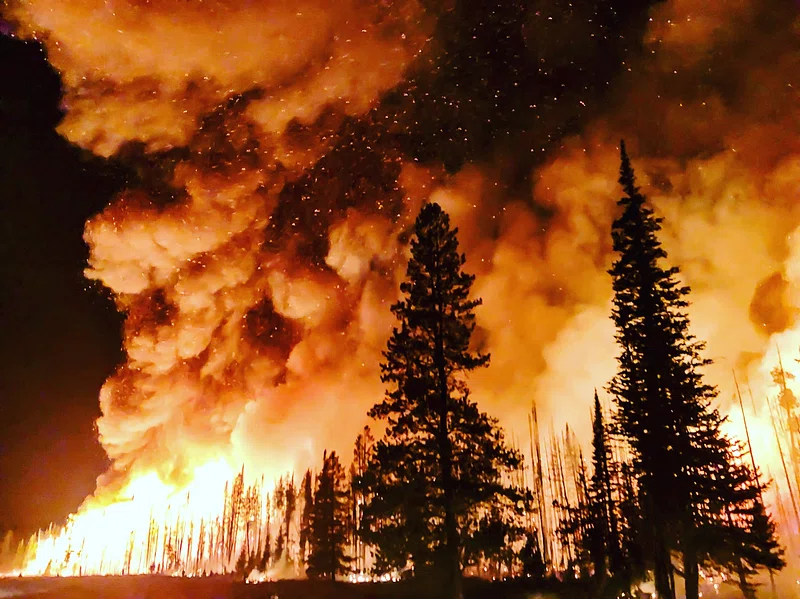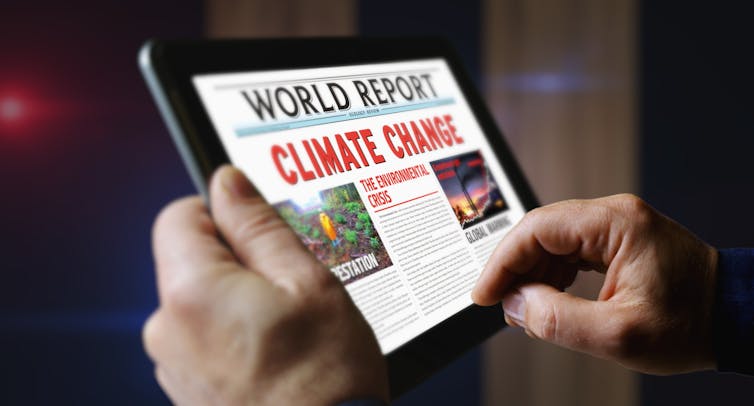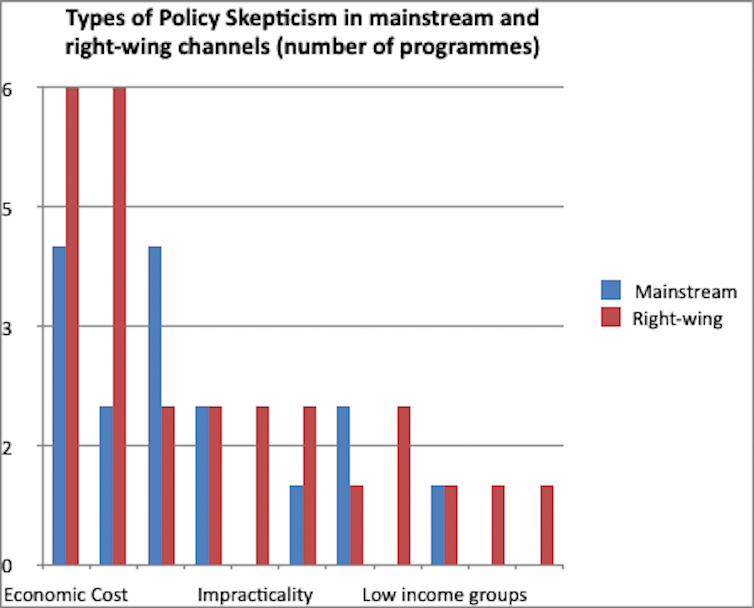Doctor Who 60: show has always tapped into political issues – but never more so than in the 1970s
Jamie Medhurst, Aberystwyth University
Doctor Who hit television screens at a key period in British television history. It launched on Saturday November 23, 1963, at 5.15pm, being somewhat overshadowed by the assassination of US president John F. Kennedy the previous day.
Set firmly within the BBC’s public service broadcasting ethos of informing, educating and entertaining, Doctor Who quickly became a mainstay of Saturday-evening viewing. By 1965, it was drawing in around 10 million viewers.
Throughout its history, Doctor Who has tapped into political, social and moral issues of the day – sometimes explicitly, other times more subtly. During the 1970s, when the Doctor was played by Jon Pertwee and Tom Baker, there were a number of examples of this.
Doctor Who in the 1970s
The 1970s were a period of political and social divisions: relationships between the government the unions in the first part of the decade was strained, exemplified by the miners’ strikes of 1972 and 1974. The political consensus that had dominated since 1945 was under pressure with talk of a break-up of the UK in the form of Welsh and Scottish Assemblies.
In his cultural history of Doctor Who, Inside the Tardis, television historian James Chapman argued that the 1970s painted “an uncomfortably sinister projection of the sort of society that Britain might come”.
It was never clear if Doctor Who storylines during this time were set in the present or at some point in the future. The fact that one of the lead characters, Brigadier Lethbridge-Stewart of the United Nations Intelligence Task Force (UNIT), calls the prime minister “Madam” in a telephone conversation in one episode suggests the latter.
As for some of the more politically engaged stories, The Green Death (1973), or “the one with the giant maggots” as it is known by fans, certainly pulled no punches. Described by Chapman as an “eco disaster narrative”, it pitted corporate greed and capitalism against environmental activists (portrayed here as Welsh hippies) and their concerns for the planet.
In the episode, Global Chemicals, run by a faceless machine, is tipping waste from its petrochemical plant into a disused mine in the south Wales valleys (cue awful Welsh stereotypes). The green sludge not only kills people, but creates mutant maggots which also attack. As fears grew and the green movement gained momentum in the early 1970s, this story would have resonated with large parts of the audience.
When the Doctor visits the planet Peladon in The Curse of Peladon (1972), the planet is attempting to join the Galactic Federation. There are those on the planet who argue for joining, while opponents are just as vociferous, arguing that joining the Federation would destroy the old ways of the planet.
Sound familiar? This is the time that Britain was negotiating to join the European Economic Community, as it did in 1973. Interestingly, the serial was broadcast during the time of the 1972 miners’ strike (leading to many viewers missing later episodes due to power cuts).
The follow-up story, The Monster of Peladon (1974), is set against a backdrop of industrial strife and conflict involving miners.
Tom Baker’s Doctor
In what many consider to be one of the best classic serials, Genesis of the Daleks (1975) Tom Baker’s doctor continued the tradition of raising complex political, social and moral issues.
Sent back in time by the Time Lords to change the course of history, the Doctor at one point has an opportunity to destroy the mutations which form the “body” of the Dalek (inside their metal casing) and destroy the Dalek race forever. Holding two wires close to each other, about to create an explosion in the incubation room, he asks himself and his companions: “Have I that right?”
Having the ability to see the future, he says that future planets will become allies in fighting the evil of the Daleks. Had he the right to change the course of history? Given the symbolism used in the story (salutes, black outfits, references to a “pure” race) this was a clear reference to the rise of the Nazis.
The political allegories didn’t end in the 1970s. One of the most blatant can be seen in the 1988 serial, The Happiness Patrol. The main antagonist, Helen A (played by Sheila Hancock), a ruthless and tyrannical leader is said to be modelled on Conservative prime minister, Margaret Thatcher. The fact that Hancock appears to be impersonating Thatcher lends a certain degree of credence to this belief.
Anybody who argues that the revival of Doctor Who in 2005 saw a more political edge to the storylines need only look back over 60 years. Now that we can do this thanks to the BBC uploading more than 800 episodes onto iPlayer, it will become clear to all.
Doctor Who – especially during its Golden Age in the 1970s – has always been political.

Looking for something good? Cut through the noise with a carefully curated selection of the latest releases, live events and exhibitions, straight to your inbox every fortnight, on Fridays. Sign up here.![]()
Jamie Medhurst, Professor of Film and Media, Aberystwyth University
This article is republished from The Conversation under a Creative Commons license. Read the original article.





